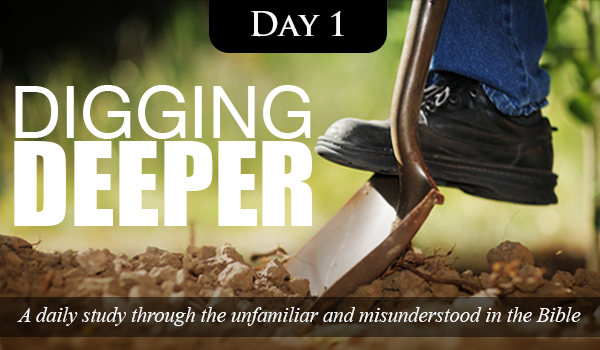
The epic story that is the Bible
All Scripture is God-breathed and is useful for teaching, rebuking,
correcting and training in righteousness.
2 Timothy 3:16
As we begin this study, let’s first try to be like an airliner at cruising altitude. Let’s take a look at the big picture of the Bible. Imagine for a second the incredible miracle that the Bible really is. It was not composed by one author who locked himself in his house for a year. It was written by around 40 divinely inspired authors over the span of 1,500 years or so.
So, the Bible is not one book, but actually a compilation of 66 books – 39 in the Old Testament and 27 in the New Testament. Some of the authors are unknown, and some are well known like Paul, who wrote the most books. As the verse above states, we believe that all of Scripture has its origins with God, and that He inspired the human authors to write what they did. This is not to say that every translation is perfect because they are flawed.
The first five books, called the Pentateuch, were written by Moses in the 1,400s B.C. Job is the only book that could have been written earlier. Malachi, the last book of the Old Testament was written around 400 B.C. followed by a pause of over four centuries before the New Testament was written over a fifty year period after Jesus’ ascension (@45-95 A.D.). The last book, Revelation, was written by John on the island of Patmos around 95 A.D.
The Bible contains different types of literary styles: historical narrative, genealogical, letters, proverbs, poetic, prophetic/apocalyptic, parables, etc. This is important to note in order for the reader to rightly understand and interpret. For example, you shouldn’t read a letter, then a proverb, and study them both using the same process of interpretation.
While the Bible was written over 1,500 years, it actually covers around 7,000 years, from creation through the millennial reign of Christ (if the latter is literal; religious scholars differ). Scholars also differ over how much time may have actually passed during the “week” of creation.
Generally speaking though, there were 2,000 years between Adam and Abraham, 2,000 years between Abraham and Jesus, and 2,000 years from Jesus to the present day. Could a 7th “day” of a thousand years be just around the corner?
As we begin this study, my exhortation to you is the same as Paul’s to Timothy:
Do your best to present yourself to God as one approved, a worker who does not need to be ashamed and who correctly handles the word of truth.
2 Timothy 2:15